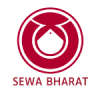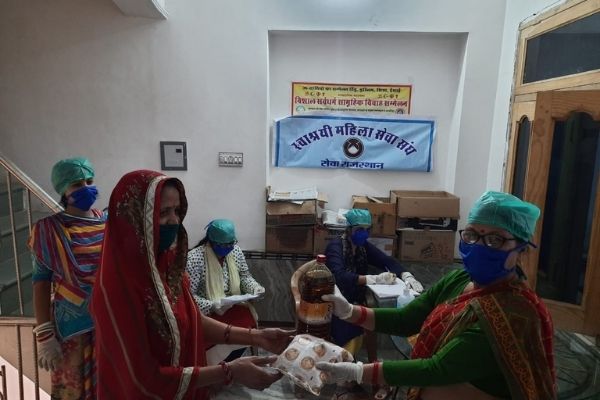The COVID-19 pandemic and subsequent lockdown had given way to an acute sense of uncertainty and vulnerability; especially amongst informal sector workers. Informal sector workers in both urban and rural communities lack job security and social security and this had worsened due to the lockdown with many workers losing their jobs. In such a scenario, the support of community and community leaders was essential to be able to persevere through adversity. SEWA has a model of grassroots leadership which consists of a network of women community leaders known as Aagewans (आगेवान) who support their community members locally. During the pandemic, Aagewans have helped their communities in a wide variety of ways; from ensuring that relief and aid was delivered to those who needed it the most to carrying out awareness campaigns about health and sanitation, amongst other things. Aagewans have also often worked with the State to reach those who are the most marginalised. This reinforces the importance of strengthening community leaders to make them better advocates not just in times of crisis but also in their day to day lives.

